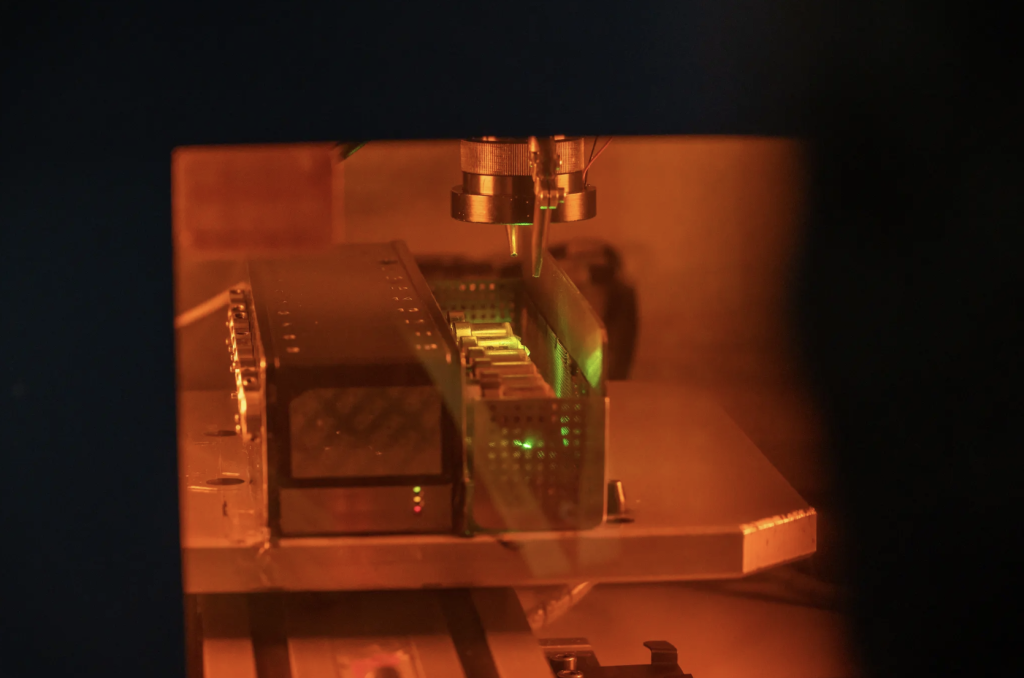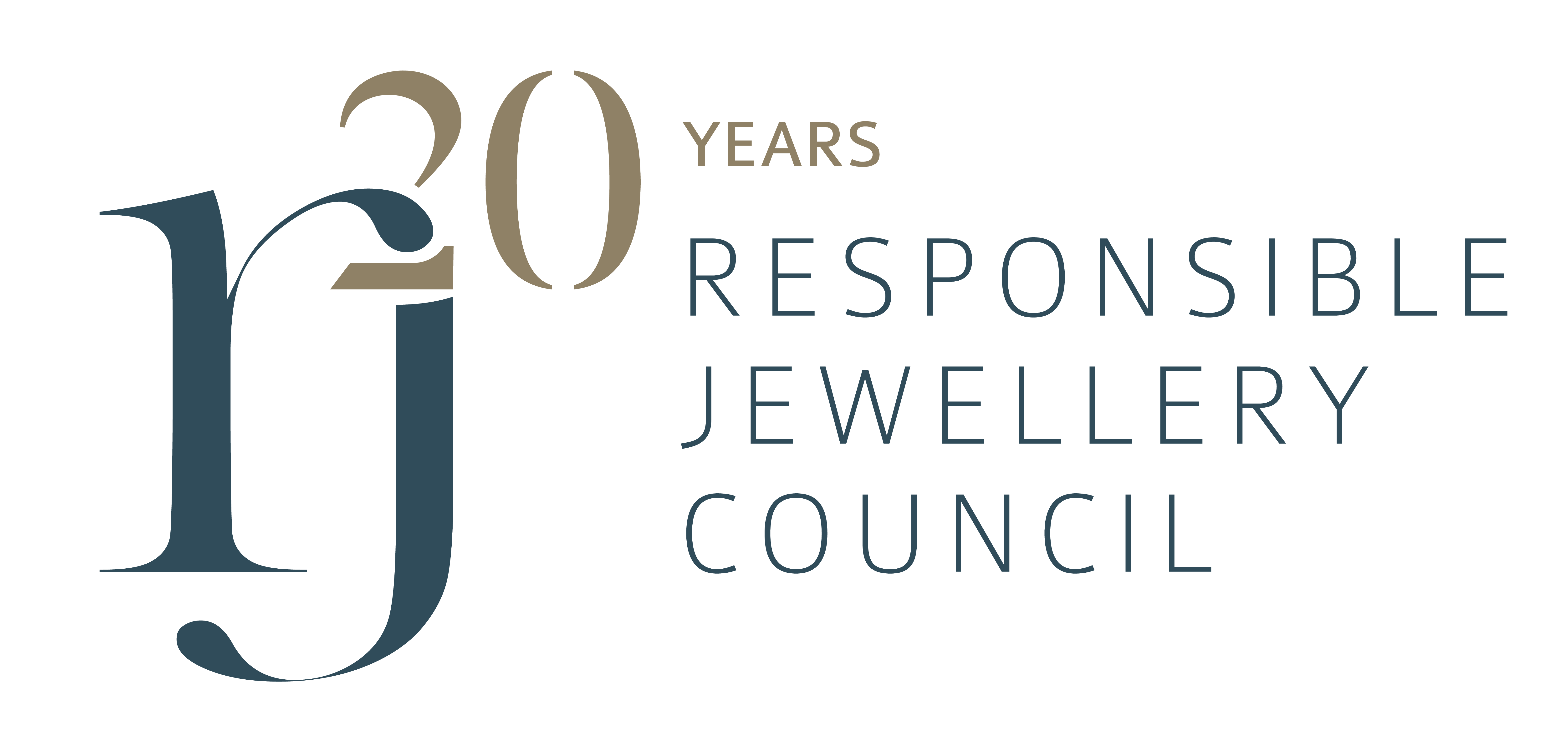Ankit Shah is Director of Ankit Gems, a Responsible Jewellery Council member and fast-growing Diamond Processing Company. Recognised by the Indian Government as an Export House, Ankit Gems imports rough diamonds, processes and exports polished diamonds to different regions globally.
What inspired you to join the Responsible Jewellery Council (RJC)?
At Ankit Gems, excellence extends beyond the quality of our diamonds — it’s reflected in the way we operate: ethically, responsibly, and with a genuine commitment to making a positive impact on our communities and the environment. Becoming a member of the Responsible Jewellery Council was a natural step for us, as it offers a structured approach to upholding the highest standards across every aspect of our operations, from sourcing and manufacturing to distribution. The RJC framework enables us to benchmark our practices against global standards in human rights, labour practices, environmental stewardship, and business ethics. It’s not simply about meeting compliance requirements, but about continually challenging ourselves to do better. We joined the RJC not only to reaffirm our commitment to ethical business practices, but also to collaborate with like-minded industry leaders, accelerating positive change across the supply chain and helping to build a fairer, more sustainable world.
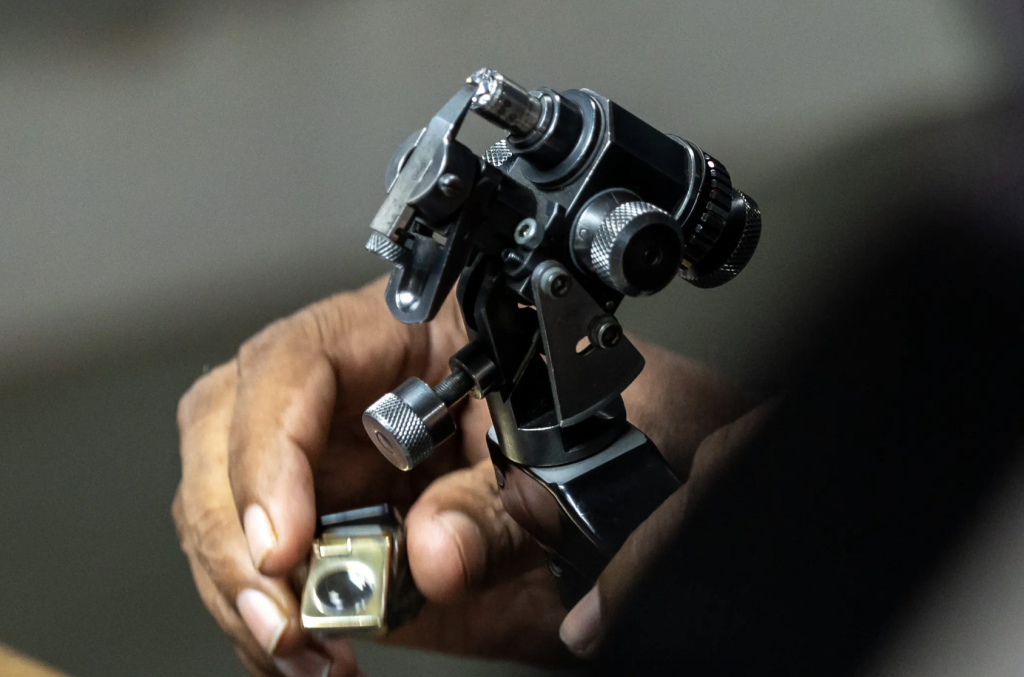
How was Ankit Gems created?
Ankit Gems started in 1985 with a small team led by Mr Arvind Shah, Mr Arun Shah, and Mr Dilip Shah. They had a clear vision and a lot of ambition. As the business grew, Mr Vasant Shah, Mr Pravin Shah, and Mr Dilip Soni joined the leadership team, bringing in fresh ideas and the expertise needed to take things to the next level. We started out trading rough and polished diamonds, but it became clear that manufacturing would give us more control over quality and craftsmanship. We began with single-cut diamonds and expanded into full-cut round and fancy shapes. Today, we manufacture a wide range of diamonds, from 0.30 to over 10 carats, and cater to markets around the world. We’ve come a long way — from a small venture to a global business with more than 1,800 employees in India, Hong Kong, UAE, USA, Belgium, and Australia. Our factories in Surat, Namibia, and Botswana not only help us scale our operations but also contribute to local economies. The next generation of leaders is now at the helm, bringing fresh energy and a forward-looking approach to our business.
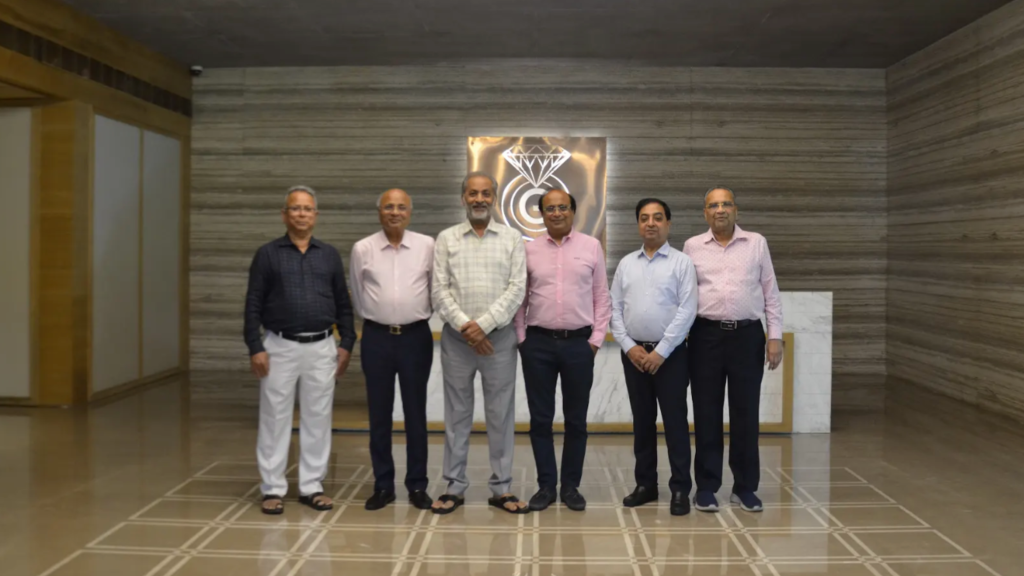
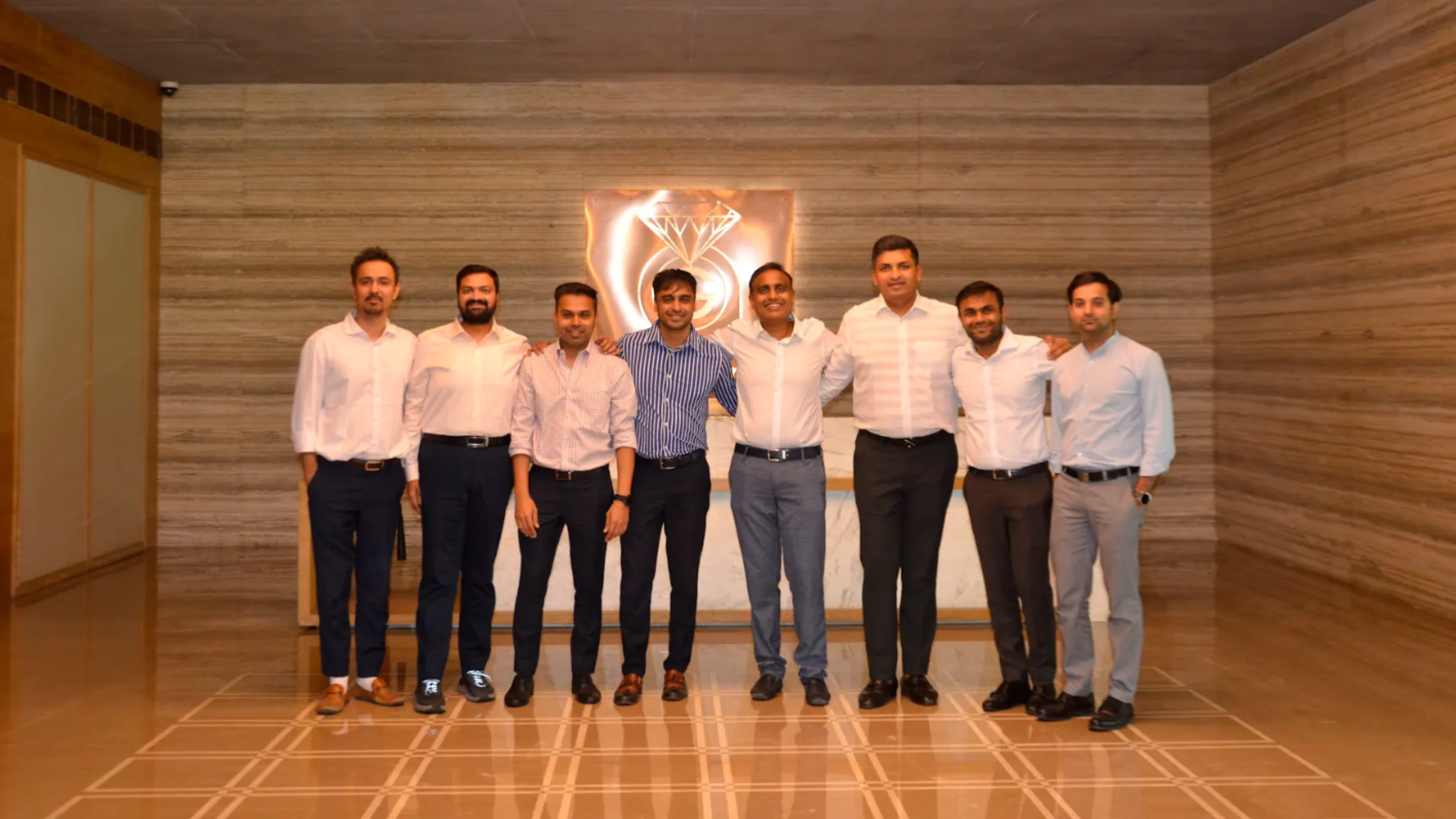
How do you incorporate responsible business practices into your daily operations?
At Ankit Gems, responsible business practices are at the heart of our operations, ensuring every diamond we craft embodies ethics, sustainability, and social responsibility. Our commitment begins with sourcing rough diamonds exclusively from globally recognised miners, strictly adhering to Kimberley Process (KP) and World Diamond Council (WDC) guidelines, guaranteeing they are conflict-free. Through our partnerships with Tracr and Sarine Diamond Journey, we elevate transparency by ensuring complete traceability, empowering customers with absolute confidence in the authenticity and ethical origins of our diamonds.
Our manufacturing processes are equally guided by our commitment to sustainability and excellence. Our LEED Platinum-certified diamond manufacturing facility in Surat stands as a testament to our dedication to environmental stewardship. Not only is our facility 31% more energy-efficient than a standard building of its size, but we also meet 50% of our energy needs through solar power, significantly reducing carbon emissions. Additionally, by integrating water-efficient fixtures, we achieve a 32% reduction in water usage and treat 100% of wastewater. Collectively, these efforts contribute to a greenhouse gas (GHG) reduction of 365 tonnes, equivalent to planting 40,000 trees annually — a powerful impact on the environment.
Employee welfare remains at the heart of our philosophy. We provide equal opportunities and foster a supportive work environment, particularly for women, ensuring talent is nurtured and expertise is valued. Further reinforcing our commitment to responsible growth, we have established state-of-the-art diamond processing units in Namibia and Botswana, wherein local talent are employed and trained in specialised diamond-cutting skills. This not only empowers the host community with valuable skills and sustainable employment but also ensures that a greater share of the diamond’s value remains within these nations.
Beyond business, we are deeply committed to uplifting communities through investing in education, healthcare, and social development projects. Our efforts are not limited to India, as we actively invest in Namibia and Botswana as well, strengthening educational efforts, enhancing medical infrastructure, and supporting community initiatives to foster long-term, sustainable growth. We also publish our ESG report, showcasing our sustainability initiatives, ensuring we continuously assess and improve our responsible business practices. Thus, from reducing our carbon footprint and promoting clean energy to fostering inclusive economic growth and enhancing social welfare, our initiatives contribute to a more sustainable and equitable future.
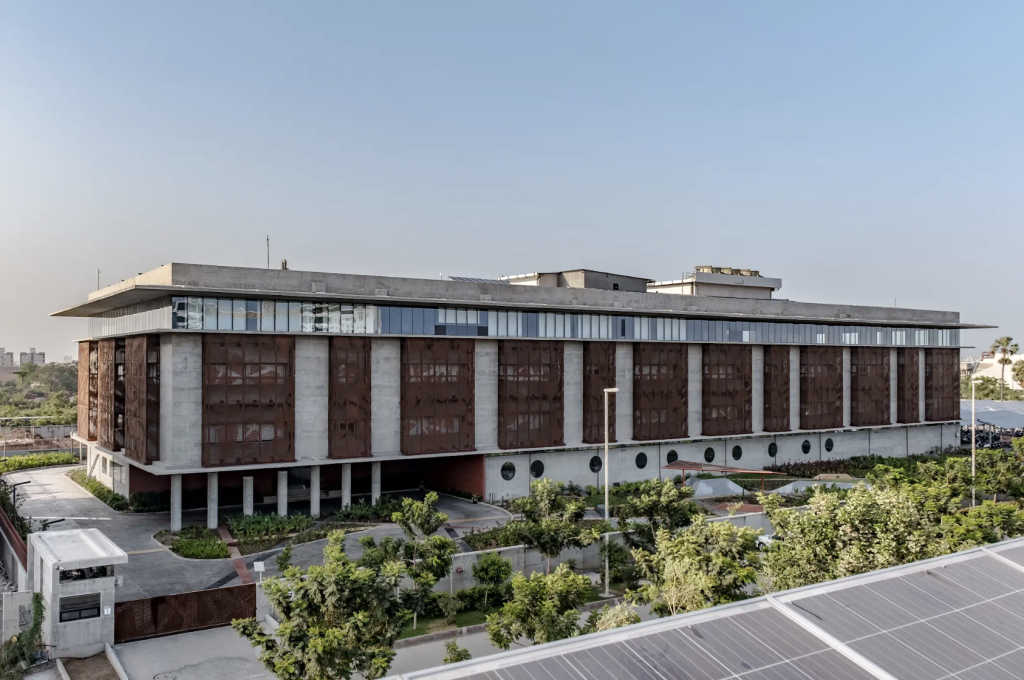
What does ‘ESG’ and ‘Sustainability’ mean to you?
For us, ESG (Environmental, Social, and Governance) and sustainability are not just industry terms — they are principles that guide how we run our business. It’s about doing the right thing, even when no one is watching. Sustainability, for us, means making sure that our actions today do not come at the expense of future generations. We source our diamonds responsibly, minimise our environmental footprint with energy-efficient facilities, and support the communities we operate in. It’s not about grand gestures but about consistent, thoughtful choices that lead to meaningful outcomes. When we talk about ESG, it’s not just about ticking boxes. It’s about transparency, accountability, and creating a legacy that reflects our values. We believe that every diamond we produce should tell a story of responsibility — from the mine to the market.
Do you have any exciting projects you’re currently working on?
We are always looking at ways to make a bigger impact, both within our industry and in the communities we serve. One of our key projects is expanding our use of renewable energy. Currently, solar power meets half of our energy needs, and we are on track to achieve 100% reliance on renewables. It’s a step towards reducing our carbon footprint and contributing to a more sustainable future. We are also very committed to education. Every year, we take on projects to refurbish under-resourced schools. We’ve completed seven schools so far, improving learning environments for over 20,000 students. This year, we are adding two more schools to this initiative. It’s about creating lasting change where it matters most. In partnership with an NGO, we have launched a project focused on direct cash transfers to rural communities in India. We have adopted two villages so far, and our goal is to extend this support to more areas. The idea is simple but powerful – give people the financial means to make choices that improve their quality of life. It’s a model that promotes independence and drives long-term progress. Through all our projects, our aim remains clear: to make a difference that lasts. Whether it’s through our business practices or our community initiatives, we want to create value that goes beyond our balance sheet.
